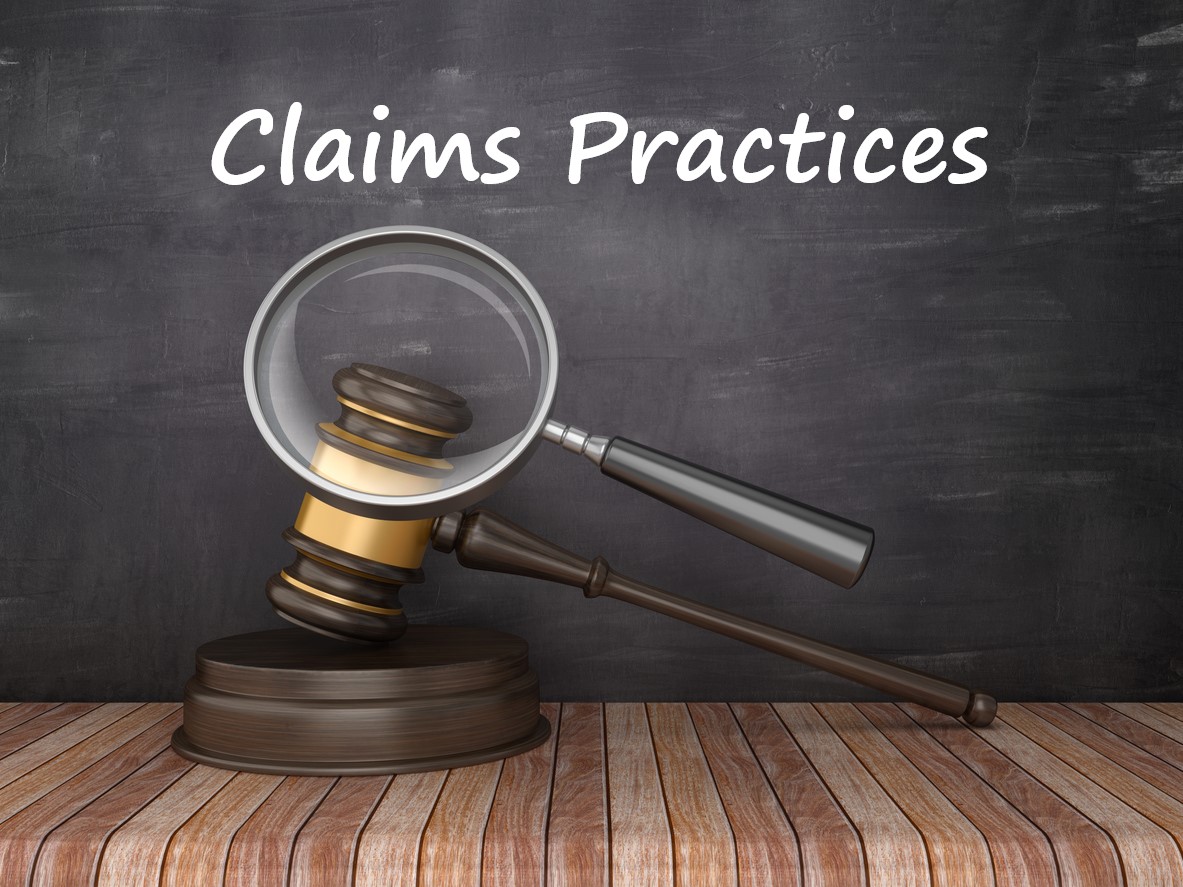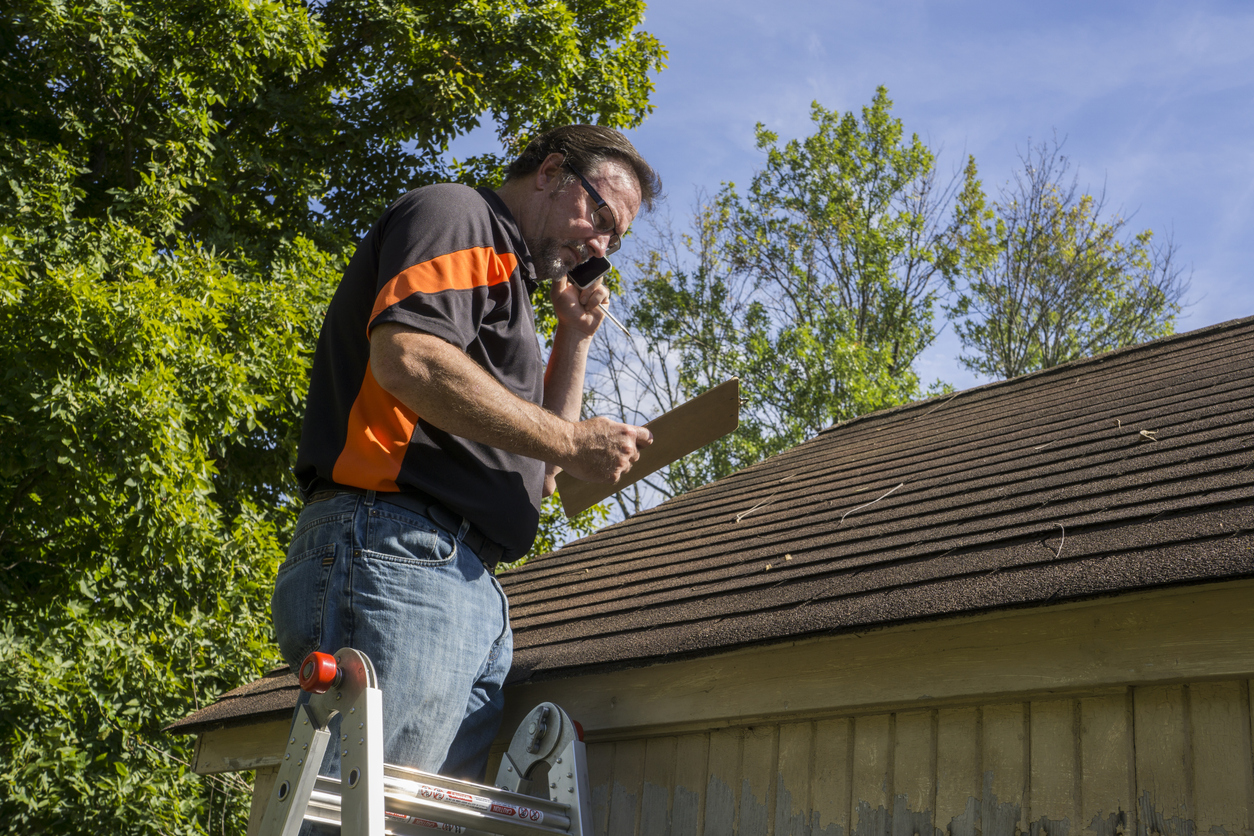Slip Copy, No. 2:07-cv-3462, 2009 WL 1704730, 2009 U.S. Dist. LEXIS 50993,
(E.D. La., June 17, 2009).
Vivian Watson’s home was covered by an Allstate “Deluxe Homeowners” policy when Hurricane Katrina hit on August 29, 2005. Following Hurricane Katrina, Watson filed suit against Allstate in Federal District Court, alleging that her property suffered a total loss caused by wind, wind driven rain, flooding and waters entering New Orleans and surrounding parishes. She sought the full face value of the homeowner’s policy for dwelling and other structures, personal property, and additional living expenses without deduction or offset, pursuant to Louisiana’s Valued Policy Law. Allstate filed a motion for partial summary judgment, arguing that Watson’s case should be dismissed because the damages were not caused exclusively by a covered peril (like most homeowners policies, Watson’s did not cover flood damage).
The Federal District Court for the Eastern District of Louisiana granted Allstate’s motion for partial summary judgment, but not based on Allstate’s arguments. Instead, the Court concluded that partial summary judgment was appropriate because it believed Louisiana’s Valued Policy Law applies only to fire insurance policies.
In reaching this decision, the Court looked to Louisiana’s Valued Policy Law:
A. Under any fire insurance policy insuring inanimate, immovable property in this state, if the insurer places a valuation upon the covered property and uses such valuation for purposes of determining the premium charge to be made under the policy, in the case of a total loss the insurer shall compute and indemnify or compensate any covered loss of, or damage to, such property which occurs during the term of the policy at such valuation without deduction or offset, unless a different method is to be used in the computation of loss, in which latter case, the policy, and any application therefor, shall set forth in type of equal size, the actual method of such loss computation by the insurer. Coverage may be voided under said contract in the event of criminal fault on the part of the insured or the assigns of the insured.
La.Rev.Stat. § 22:1318. (Emphasis added)
The Court also relied on dicta in the Louisiana Supreme Court’s opinion in Landry v. Louisiana Citizens Property Insurance Co., 983 So. 2d 66 (La. 2008). In a footnote in Landry, the Louisiana Supreme Court noted that the legislative history of the Valued Policy Law and the definitions in the statute, when contrasted with the language in related statutes, reveals “that the statute is intended to apply only to fire insurance policies, which may include coverage against other perils as allowed by La. R.S. 22:691 and is distinct from homeowners’ policies.” Id. at 76 n. 10.
Noting that there was not a final decision from the Louisiana Supreme Court on the issue, the Court made “an Erie guess” and determined that the Louisiana Supreme Court would reach the same conclusion:
“the VPL only applies to fire insurance policies. Because the Plaintiff in the present case was issued a homeowners policy, which is distinguishable from a fire insurance policy, the VPL is not applicable to her claim.”
You can read the Court’s order in full by clicking here.



